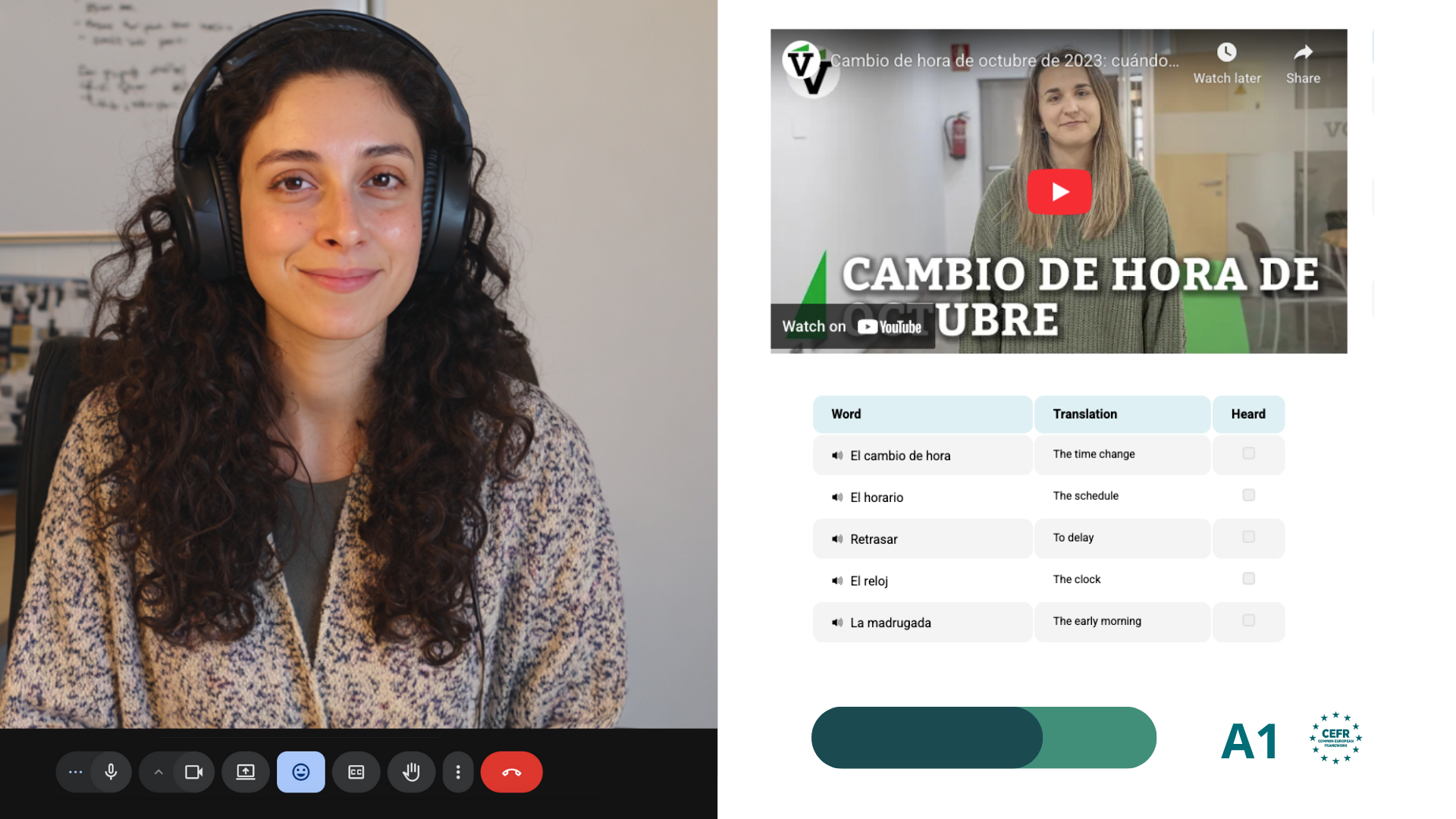German A1 (beginner)
Official curriculum
Structured courses from A1 to B2
3 months to complete
Flexible duration, adapted to your schedule
Suited for Exam preparation
Goethe
Learning portal
App + PDF downloads
- 4.3/5














































